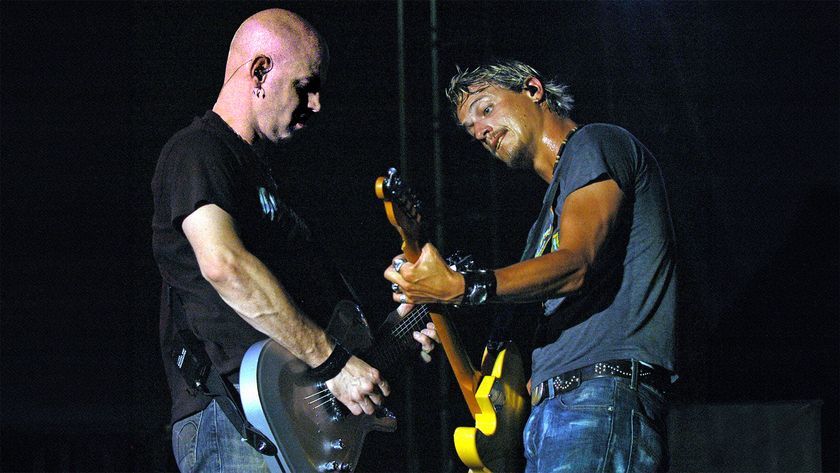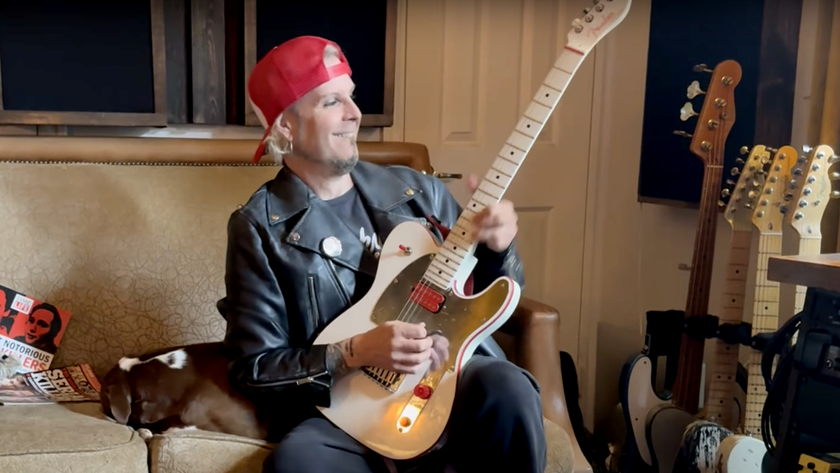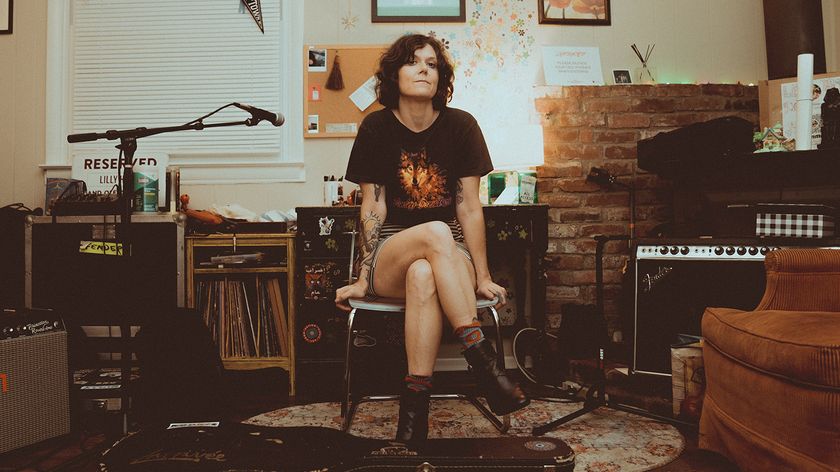Now THIS is How to Play the Blues
R.L. Burnside’s backyard performance proves tone really is all in the fingers.
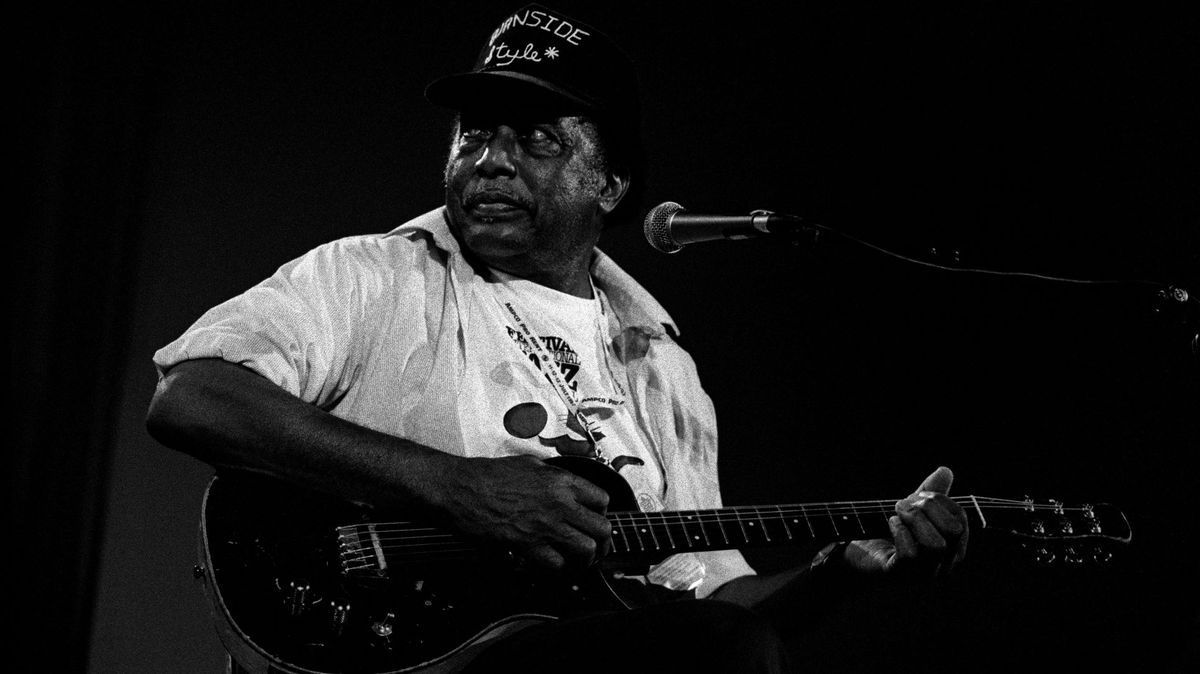
It is often said that “tone is in the fingers”. And in this clip from the late '70s, blues guitar legend R.L. Burnside proves just that as he cradles an inexpensive Japanese-import Guyatone electric guitar that looks in less-than-perfect shape.
No fancy gear. No stage. And no audience to speak of, aside from a small camera crew headed by famed ethnomusicologist Alan Lomax.
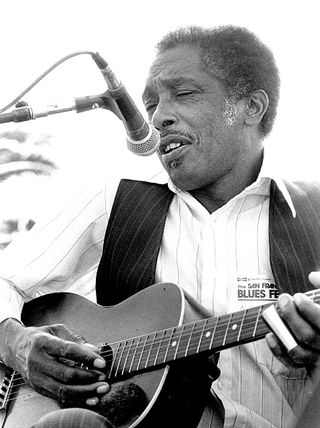
Credited with helping kickstart the American and British folk revivals of the mid-20th century, Lomax brought significantly wider attention to the likes of Robert Johnson and Lead Belly while making thousands of crucial recordings such as this for the sake of posterity.
R.L. Burnside was born and raised in Mississippi and after learning his chops from Mississippi Fred McDowell he moved to Chicago in the 1940s, much like his contemporary and his cousin-in-law Muddy Waters (whom Burnside has cited as a major influence).
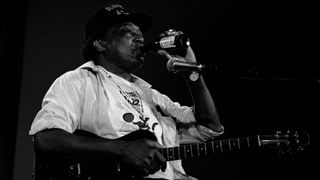
Aside from Burnside’s impeccable phrasing and fluid rhythmic fingerstyle, for many a guitarist this backyard performance of his self-penned “See My Jumper Hanging On the Line” is a masterclass in feel.
Discover more of R.L. Burnside's music here.
Get The Pick Newsletter
All the latest guitar news, interviews, lessons, reviews, deals and more, direct to your inbox!
Rod Brakes is a music journalist with an expertise in guitars. Having spent many years at the coalface as a guitar dealer and tech, Rod's more recent work as a writer covering artists, industry pros and gear includes contributions for leading publications and websites such as Guitarist, Total Guitar, Guitar World, Guitar Player and MusicRadar in addition to specialist music books, blogs and social media. He is also a lifelong musician.
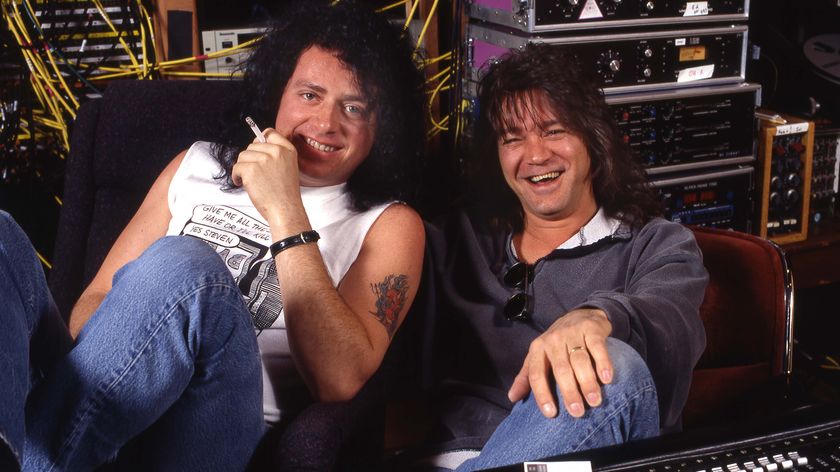
"I think there is a huge misunderstanding." Steve Lukather clarifies his role in the new project to rescue unheard Eddie Van Halen recordings from the vault
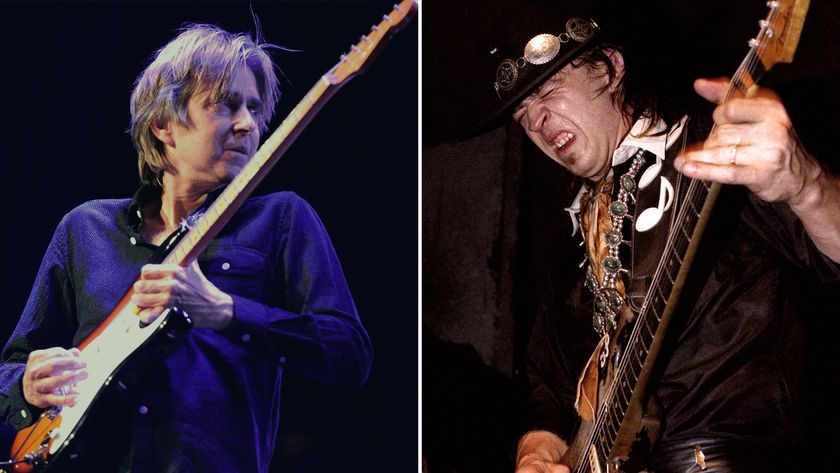
“It was like standing next to a hurricane.” Eric Johnson on the night he and Stevie Ray Vaughan jammed Jimi Hendrix. Fortunately, someone was running tape


